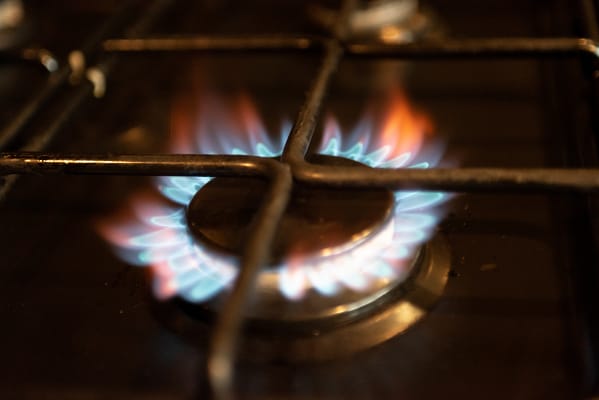Ofgem has lowered the price cap as wholesale prices have fallen and the average household energy bill will drop by £426 from July.
This is the first time prices have fallen since the global crisis started 18 months ago and Ofgem is cutting the price cap from £3,280 to £2,074 from 1 July.
The regulator said, “whilst today’s level is lower than last quarter, it is still above the levels it was before the energy crisis took hold, meaning many households could still struggle to pay bills.”
Ofgem chief executive Jonathan Brearley said, “After a difficult winter for consumers it is encouraging to see signs that the market is stabilising and prices are moving in the right direction.
“People should start seeing cheaper energy bills from the start of July, and that is a welcome step towards lower costs.
“However, we know people are still finding it hard, the cost-of-living crisis continues and these bills will still be troubling many people up and down the country.
“Where people are struggling, we urge them to contact their supplier who will be able to offer a range of support, such as payment plans or access to hardship funds.
“In the medium term, we’re unlikely to see prices return to the levels we saw before the energy crisis, and therefore we believe that it is imperative that government, Ofgem, consumer groups and the wider industry work together to support vulnerable groups.
“In particular, we will continue to work with government to look at all options.”
Energy Security Secretary Grant Shapps said: “It’s positive households across the country will see their energy bills fall by around £430 on average from July, marking a major milestone in our determined efforts to halve inflation.
“We’ve spent billions to protect families when prices rose over the winter, covering nearly half a typical household’s energy bill – and we’re now seeing costs fall even further with wholesale energy prices down by over two thirds since their peak as we’ve neutralised Putin’s blackmail.
“I’m relentlessly focused on reducing our reliance on foreign fossil fuels and powering-up Britain from Britain to deliver cheaper, cleaner and more secure energy.”
Martin Lewis, founder of MoneySavingExpert, said: “This will be a relief for many, yet most will still be paying more for their energy than during the winter.
“This is because, apart from for those with high use, the drop in the rates doesn’t make up for the £66 per month state support people got until April – and most are on monthly direct debit, which means they pay the same in summer as winter.
“Overall, this still leaves people paying double or more what they did before the energy crisis hit in October 2021.
“The fact the state is paying far less than planned to support people’s bills means there is some wriggle room here for targeted support for another hard winter coming for those who are just above the benefits threshold. Though I’m not holding out much hope that it’ll happen.”
Citizens Advice chief executive Dame Clare Moriarty said: “The fall in the price cap provides some desperately needed respite for households but energy bills will still be nearly double what they were just 18 months ago. That’s unaffordable for millions of households.
“For many, life is getting worse, not better. Year on year we’re breaking records for the number of people struggling with energy debt.
“It’s clear more Government support will be needed in the future for struggling households.”
Which? Energy editor Emily Seymour said: “The news that the energy price cap will come down to £2,074 a year for the typical household from July is positive, but many will understandably be confused about what exactly this means for them and their monthly outgoings.
“While the new price cap on variable tariff rates will see typical bills drop by around £500, energy bills will be almost double the amount they were before the energy crisis began and these prices will still be unaffordable for many households.”






Leave a Comment